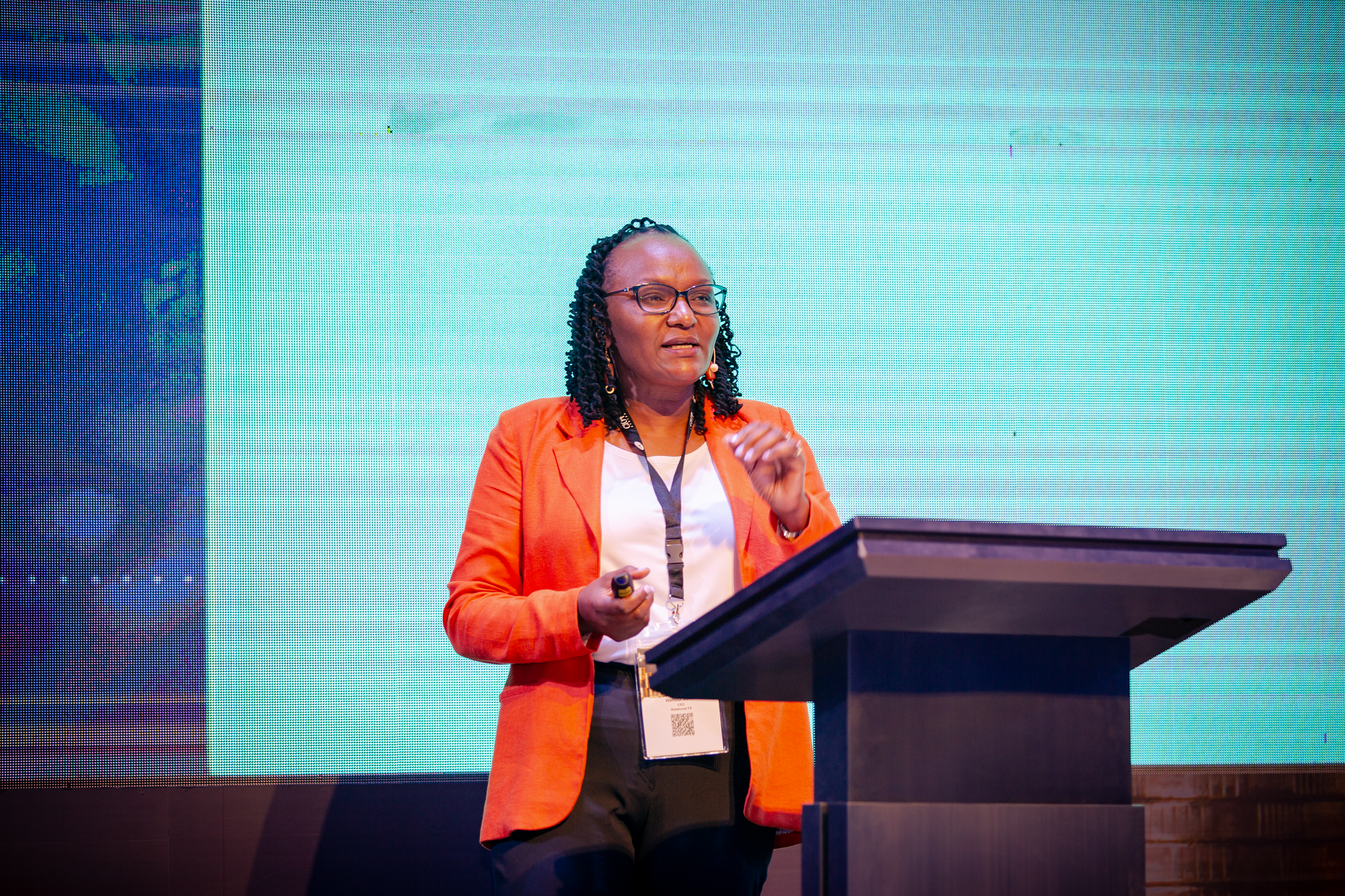advertisement
Smart Banking Summit: Opportunities In Open Banking For BFSIs

Open banking is a financial practice that involves the use of open APIs (Application Programming Interfaces) to enable third-party developers to build applications and services around financial institutions. These APIs allow external parties, with the user’s consent, to access financial data held by banks and other financial institutions.
Not yet fully exploited in Africa, the concept of open banking aims to promote competition, innovation, and efficiency in the financial industry by breaking down traditional barriers to data access and fostering collaboration between banks, fintech companies, and other players in the ecosystem. It allows customers to share their financial information securely with third-party providers, enabling them to access a broader range of financial products and services tailored to their needs.
At the Smart Banking Summit, organised by dx5, Wambui Mbesa, CEO, Relational FS – East Africa highlighted the opportunities in Open Banking for BFSIs (Banking and Financial Services Institutions). These opportunities include:
advertisement
1: Access to Comprehensive Financial Data: According to Mbesa, open banking offers a chance for BFSIs to access a wider range of financial data than ever before. With customer consent, banks can tap into data from various sources such as other banks, fintech companies, and even non-financial institutions. This comprehensive view of a customer’s financial situation enables BFSIs to offer more tailored and personalized services.
2: Real-time Data Analysis: By leveraging open banking APIs, BFSIs can access financial data in real-time. This means they can analyse transactions and customer behaviours instantly, leading to quicker and more informed decision-making. Real-time data analysis also facilitates fraud detection and prevention, enhancing the security of banking operations.
3: Improved Customer Experience: Open banking opens the door to innovative and customer-centric financial services. With access to a broader range of financial products and services from various providers, customers can enjoy a more seamless and integrated banking experience. For example, they can use third-party apps to aggregate their financial information from multiple accounts and manage their finances more efficiently.
advertisement
4: Enhanced Credit Risk Assessment: By harnessing the power of open banking data, Mbesa says BFSIs can improve their credit risk assessment processes. “They can gain deeper insights into a customer’s financial behaviour, including their spending habits, income sources, and existing credit commitments”. This allows banks to make more accurate assessments of creditworthiness and tailor their lending decisions accordingly, ultimately reducing the risk of default.
4: Regulatory Compliance: While open banking introduces opportunities, it also comes with regulatory challenges. However, compliance with regulations such as Data Protection Laws can be turned into an opportunity for BFSIs. By implementing robust data privacy and security measures, Mbesa says banks can build trust with customers and differentiate themselves in the market as reliable custodians of financial data.
The Smart Banking Summit 2024, themed “Navigating the Next: Africa’s Leap into Smart, Secure, and Inclusive Banking,” is a pivotal gathering for leaders spearheading the digital evolution in banking. This event discussions are on innovation, security, and financial inclusion that are transforming Africa’s banking landscape.